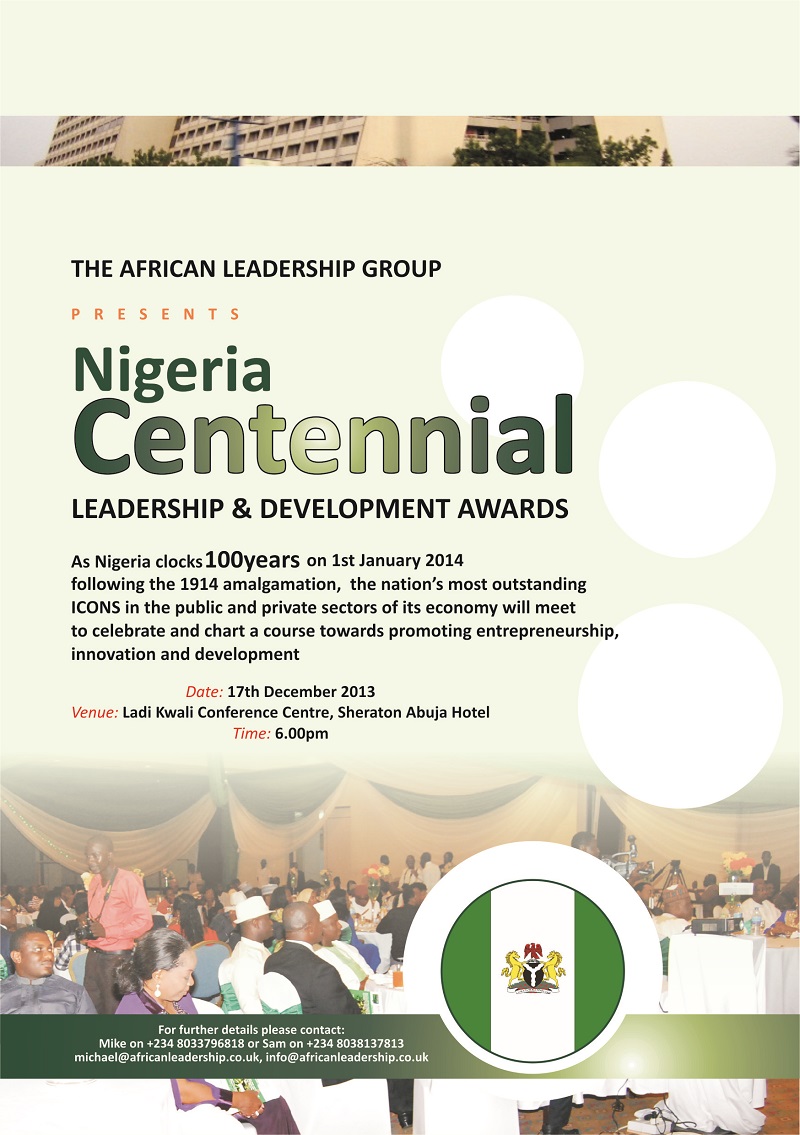 MasterCard through its innovative 10-year global initiative, MasterCard Foundation Scholars Program has partnered with BRAC, the Campaign for Female Education (Camfed) and the Forum for African Women Educationalists (FAWE) to provide education for young people in Africa.
MasterCard through its innovative 10-year global initiative, MasterCard Foundation Scholars Program has partnered with BRAC, the Campaign for Female Education (Camfed) and the Forum for African Women Educationalists (FAWE) to provide education for young people in Africa.
These institutions will work in partnership with families, communities, educators, and government officials to identify and demonstrate best practices for strong, high quality secondary education institutions.
MasterCard through its scholarship initiative, which is particularly targeted at girls (80 percent of the scholars will be girls), is providing $500 million to help youths who face significant financial hurdles in completing high school education.
The comprehensive scholarship package for the secondary scholars will include bursaries, life skills camps and extra tuition where needed.
One the other hand, tertiary scholars will receive tuition fees, textbooks, accommodation, transportation, meals, computers, a living and communication stipend, and career service programmes in the final year.
The new partners will help administer scholarships worth $106 million to approximately 11,000 African students so they can complete their secondary school education.
The Foundation says the financial burden of secondary schooling on African families is often the most significant barrier to achieving greater enrolment.
President and CEO of The MasterCard Foundation, Reeta Roy, explains that: “Completion of secondary school is vital to helping youth find jobs, start businesses, and bring about change in their communities.
According to UNESCO, sub-Saharan Africa has the lowest rate of secondary school enrolment in the world at 43 percent and more than 21.6 million children of lower secondary school age may never spend a single day in school.
The World Bank also asserted that every year a young girl stays in secondary school; she boosts her future by 15-25 percent – an effect that will in turn trigger real economic growth.
Meanwhile, Rebecca Winthrop, Director of the Centre for Universal Education at the Brookings Institution, says, “Despite steady progress over the last decade in getting more children into school, Sub-Saharan Africa still has the lowest rate of participation in secondary education and the most severe gender disparities.
“Investing in relevant learning for youth in secondary school is essential in order to provide them with the knowledge, skills, and competencies needed to live healthier and more productive lives.It is also a critical element for continued economic growth and social change for Africa,” she said.


